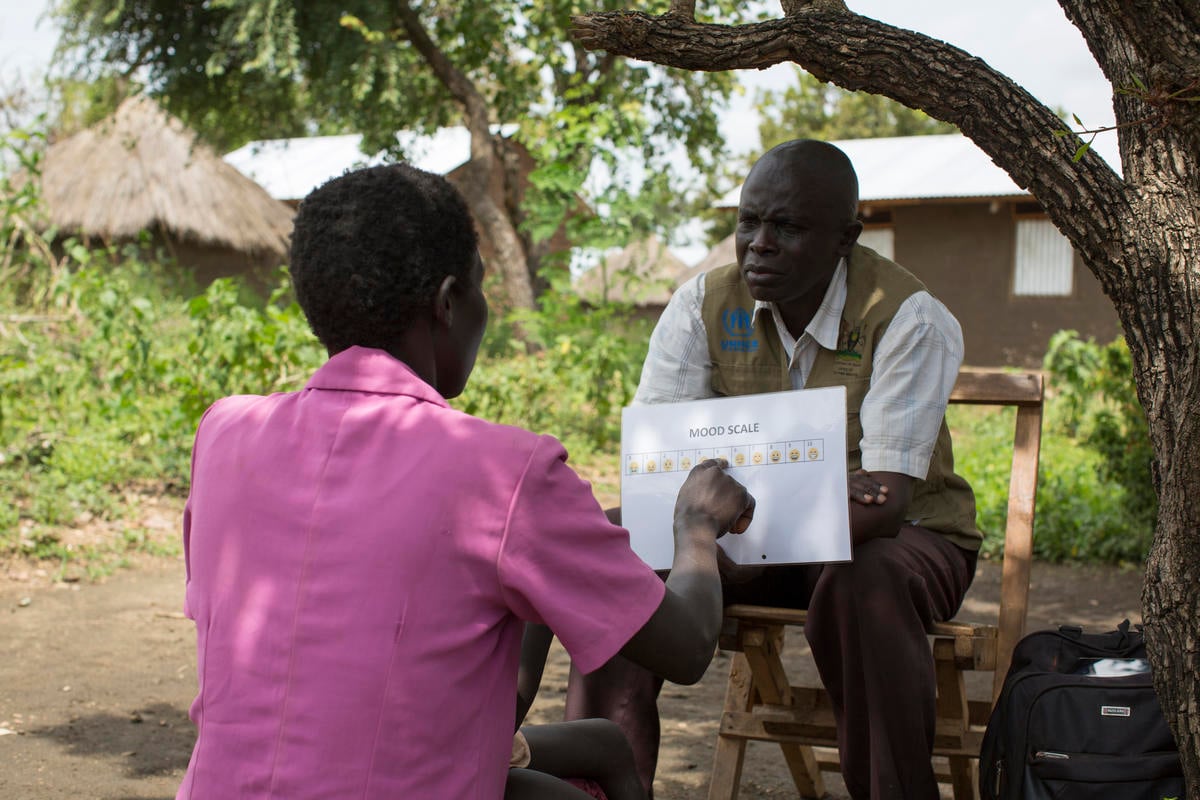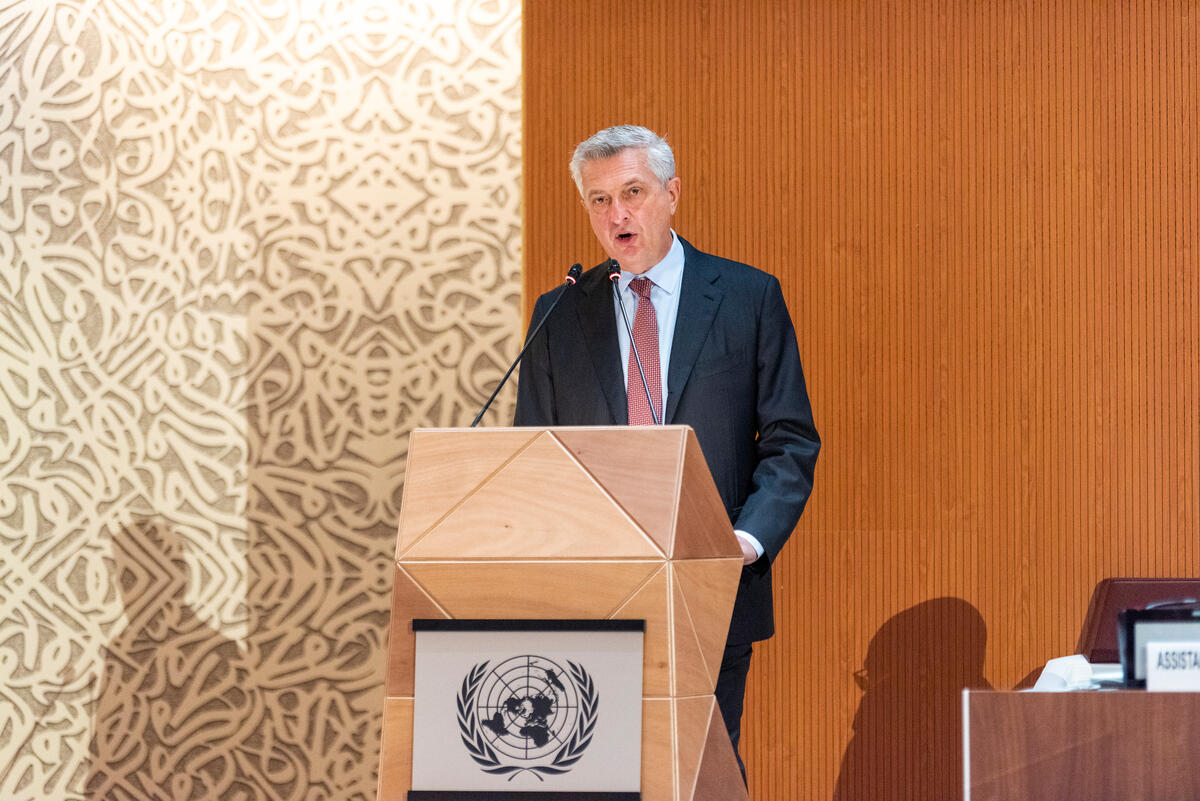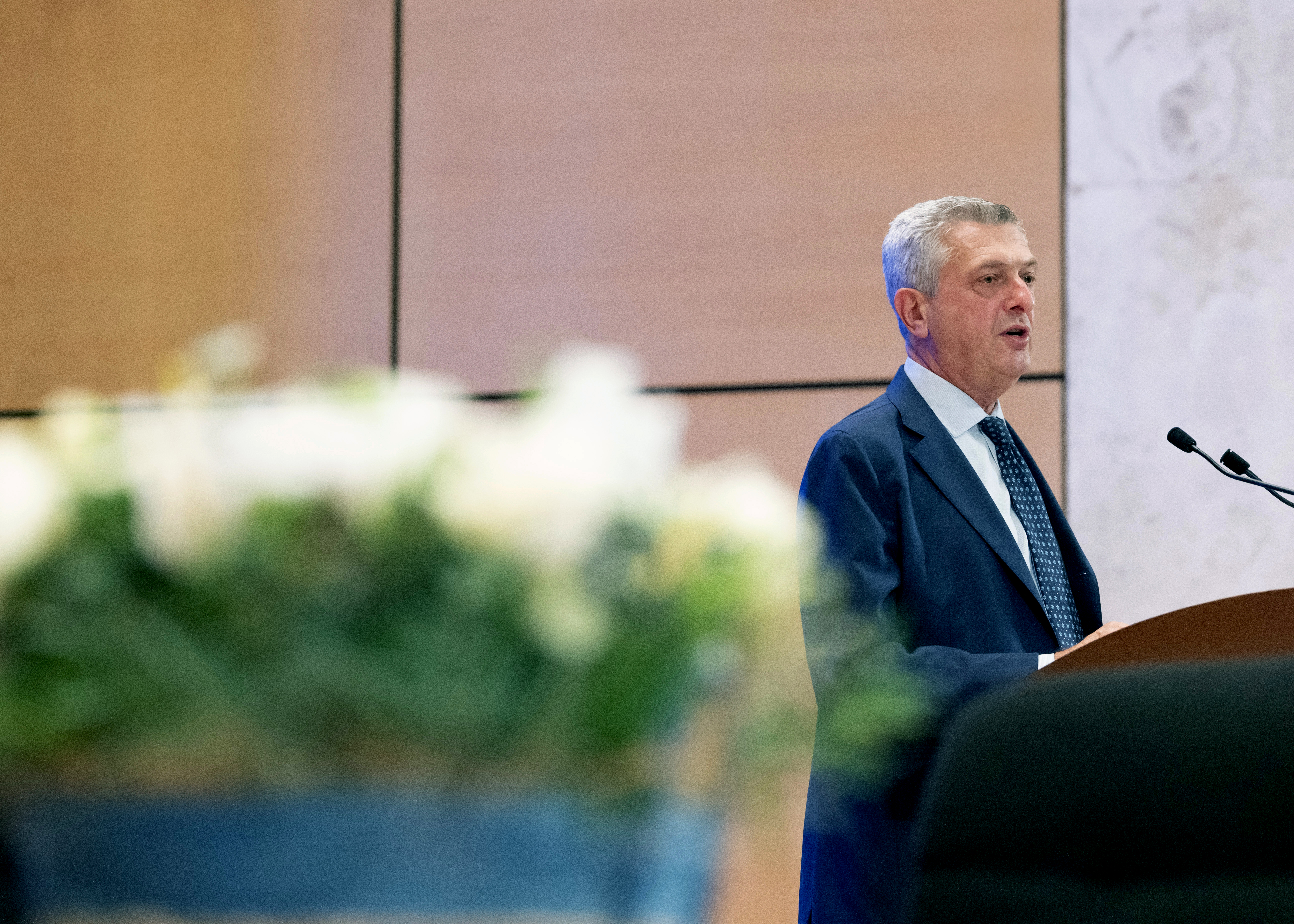UNHCR Executive Committee denounces breaches of refugee rights, urges global solidarity on refugee issues
UNHCR Executive Committee denounces breaches of refugee rights, urges global solidarity on refugee issues
The Executive Committee of the United Nations High Commissioner for Refugees (UNHCR) today denounced "numerous and serious breaches" of international refugee law and basic human rights and fundamental freedoms and recognized the unique role of UNHCR in ensuring refugee protection.
Wrapping up a five-day annual meeting in Geneva, the 53-nation Committee - a gathering of officials from industrialised as well as developing nations - said in its concluding documents that the world must work together to tackle refugee issues and must do more to help countries which host large refugee populations to ease the social, economic and environmental burdens.
"Refugee problems cannot be resolved without global solidarity," said Sadako Ogata, the UN High Commissioner for Refugees. But the Committee warned that inadequate "burden sharing" does not absolve nations of their duty to adhere to international principles of refugee protection.
The Committee sharply condemned the practice of "refoulement" or deportation back to their countries of people whose safety or liberty would be at risk, emphasising the utmost importance of the institution of asylum. It criticised the arbitrary detention of asylum-seekers practised in many countries, arguing that persons asking for asylum should not be detained simply because of illegal entry nor held with common criminals, and called upon governments to do more to ensure the unity of refugee families.
The Committee said it was deeply concerned about the increasing use of war and violence as means to carry out persecutory policies against groups targeted on account of their race, religion, membership of a particular social group or political opinion.
Lack of respect for human rights and fundamental freedoms, as well as the absence of the rule of law in many parts of the world were at the root of many refugee crises, said the Executive Committee, urging nations to prevent refugee flows by promoting tolerance and combating racism, discrimination and xenophobia.
The Committee reiterated that for most refugees, return to their homes is the best solution as soon as it is safe and feasible, but it also said for some refugee groups local integration or resettlement to other countries may be the only options.
Noting that in many cases refugees return to societies traumatized by war, the Committee urged UNHCR to take an active role in rebuilding and reconciling these communities, highlighting the need to work with women and children in particular in order to overcome the rifts which led to conflict. The High Commissioner echoed this in her concluding remarks, drawing particular attention to the need to help societies recover from the effects of conflict, in order to ensure the reintegration of returning refugees and to prevent further displacement. Ogata expressed expressed concern at what she termed the "growing gap between humanitarian and development assistance."
Addressing the issue of safety of aid workers, the Committee expressed its deep concern about the fate of Vincent Cochetel, the UNHCR staff member who was abducted by gunmen in North Ossetia in January and has been held hostage for 253 days in the Caucasus, and urged his immediate release.








